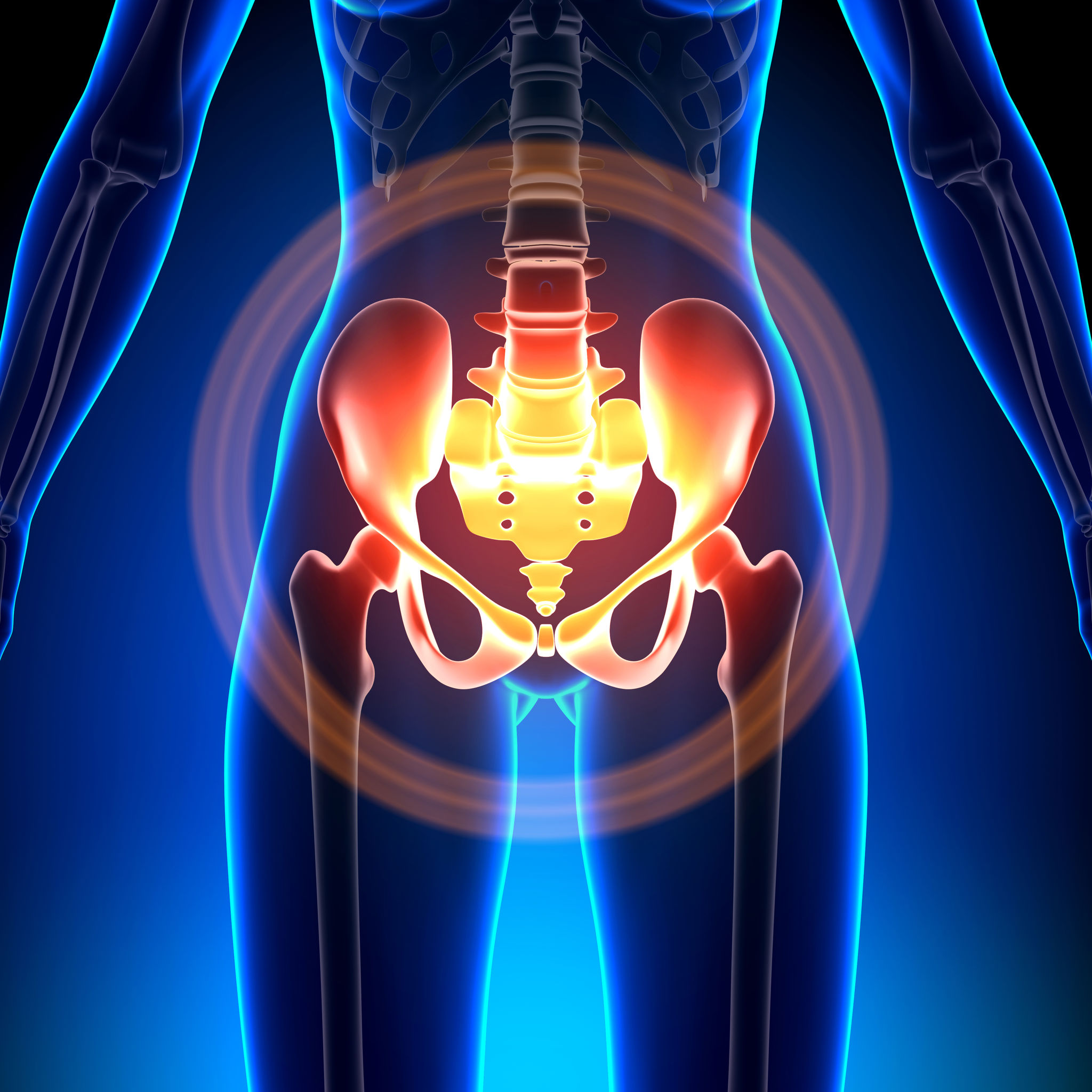Pelvic Pain
Overview | Possible Causes | Care and Treatment | HOME REMEDies | When to Call the Doctor | References

Overview
Pelvic pain can be a sign that there might be a problem with one of the reproductive organs in a woman’s pelvic area.
Although pelvic pain often refers to pain in the region of women's internal reproductive organs, pelvic pain can be present in either sex and can stem from other causes. Pelvic pain might be a symptom of infection or might arise from pain in the pelvis bone or in non-reproductive internal organs. In women, however, pelvic pain can very well be an indication that there might be a problem with one of the reproductive organs in the pelvic area (uterus, ovaries, fallopian tubes, cervix, and vagina).
Possible Causes
Possible causes of pelvic pain in both men and women include:
- Appendicitis
- Bladder disorders (such as urinary tract infections)
- Sexually transmitted diseases
- Kidney infection or kidney stones
- Intestinal disorders (such as diverticulitis or colitis)
- Nerve conditions (such as pinched nerves of the spine)
- Hernia
- Pelvis disorders (such as tightness and spasm of pelvic muscles)
- Broken pelvic bones
- Psychogenic pain (pain related to stress or psychological traumas from the past)
Possible causes of pelvic pain in women only include:
- Pregnancy
- Ectopic pregnancy
- Miscarriage
- Pelvic inflammatory disease
- Ovulation
- Menstrual cramps
- Ovarian cysts or other ovarian disorders
- Fibroids
- Endometriosis
- Cancer (cervix, uterus, or ovaries)
Care & Treatment
The treatment of pelvic pain varies by what the cause is, how intense the pain is, and how often the pain occurs. Sometimes pelvic pain is treated with medicines, including antibiotics, if necessary. If the pain results from a problem with one of the pelvic organs, the treatment might involve surgery or other procedures. Physical therapy can be helpful in some cases. Also, because living with chronic pelvic pain can be stressful and upsetting, studies have shown benefit to working with a trained counselor, psychologist, or psychiatrist in many cases. A doctor can provide more information about various treatments for pelvic pain.
Home Remedies
It is possible to manage the pain and discomfort once a person knows what is causing it. If a person is not sure of the cause or the pain is severe or does not improve, it is best to see a doctor.
In many cases, simple home remedies can help relieve some of the pain. Home remedies to get relief include:
- Taking over-the-counter pain relievers, such as ibuprofen
- Placing a heating pad on the pelvis
- Doing light and gentle exercise or stretching
- Resting with the legs elevated, which promotes blood flow to the pelvis
When to Call the Doctor
See a doctor immediately if you:
- Experience sudden and severe pelvic pain
- Have vaginal bleeding
- Develop a fever
- Notice heavy vaginal discharge with an unpleasant odour
Make an appointment to see a doctor if you
- Develop new pelvic pain
- Find that pain disrupts your daily life
- Notice your pain getting worse over time.
To book online consultation to meet our expert doctor click on the link below
Reference
- https://my.clevelandclinic.org/health/symptoms/12106-pelvic-pain
- https://www.mayoclinic.org/symptoms/pelvic-pain/basics/






































































































